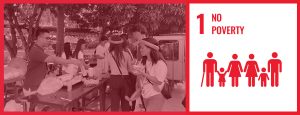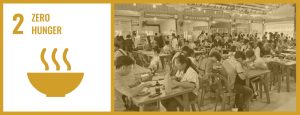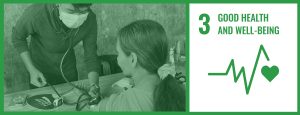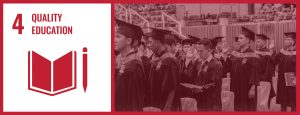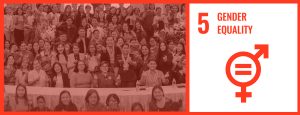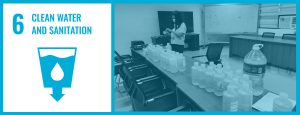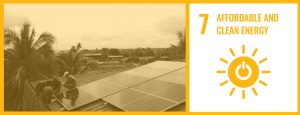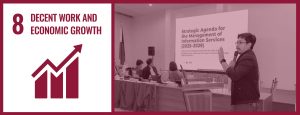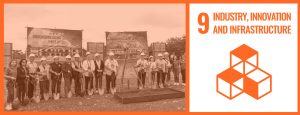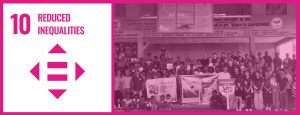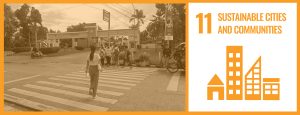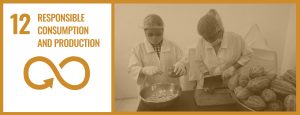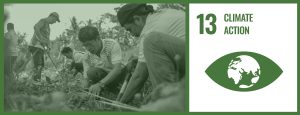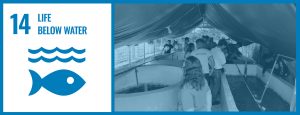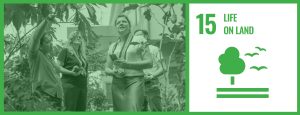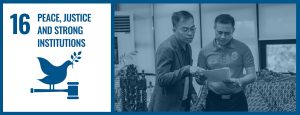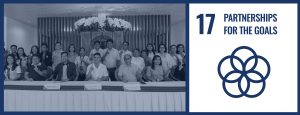2024 Research | SDG 6 – Clean Water and Sanitation
Research Programs
Knowledge, Attitudes and Practices Towards Water Sanitation and Hygiene among Household Residents in Flash Flood Prone Areas in the City of Cauayan, Province of Isabela, Northern Philippines
Proponents: Paul Angelo A. Tamayo, Marisol S. Foronda, & Lorelei C. Tabago
Abstract
This study explored the knowledge, attitudes, and practices towards Water, Sanitation, and Hygiene (WASH) among households in flash flood-prone areas of Cauayan City, Isabela, Philippines. Given the susceptibility of the area to flash floods, investigating their KAP in WASH is crucial in preventing disease outbreaks. A cross-sectional, non-experimental research design was used and 100 household members were selected through purposive sampling from selected barangays. A questionnaire adapted from UNICEF to obtain information on hand washing, solid waste management, sanitation, and treatment of drinking water. Findings revealed that most households understand key handwashing practices is washing hands before eating with 91.59%. However, knowledge gaps exist regarding hand hygiene before breastfeeding and water treatment. While most respondents use latrines, open defecation persists among children under five. Additionally, waste management practices and reliance on external water sources present concerns, especially during floods. The study underlines the need for the provision of an enhanced flood preparedness plans focusing on improving WASH practices and infrastructure, particularly in vulnerable communities. Recommendations include increasing outreach and education efforts and improving sanitation systems to mitigate health risks in flood-prone areas.

